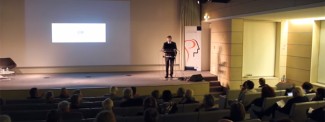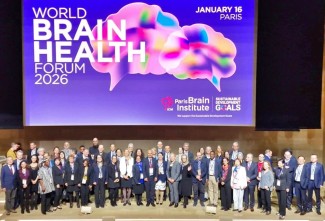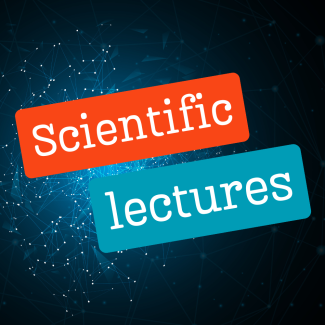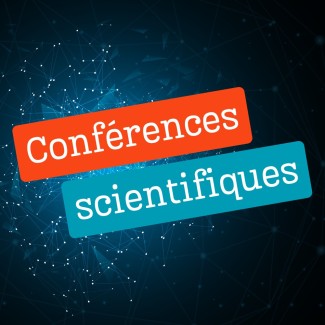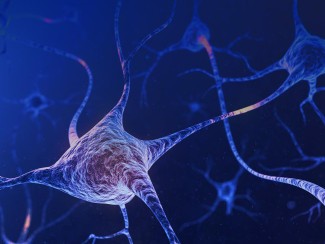Yves Agid's forum, neurologist and founding member of the Institut du Cerveau - ICM, after the symposium on the History of FENS-Institut du Cerveau - ICM Neuroscience, on December 3 and 4, 2015.
One of the difficulties to provide as much training as possible for our young scientists is to resolve this obvious contradiction : on the one hand, scientific excellence creates a need to develop a limited subject of research ; on the other hand, the resolution of such an issue really becomes meaningful if the solution leads to answer great questions of modern science. On the one hand, the research team manager motivates young scientists to use the most sophisticated techniques to answer a seemingly tenuous question ; on the other hand this young research trainee must, if he wants to succeed, integrate his work into the general context of brain physiology and/or of the nervous system pathology. Thus, any doctoral or post-doctoral student does not only have to become a top-notch methodologist, but also acquire a large scientific culture. That's why the Institut du Cerveau - ICM provides targeted seminars and general "Institut du Cerveau - ICM conferences", workshops and seminars," Science, Art and Culture " conferences.
It's well known that medical breakthroughs and scientific discoveries are often made by uniting different schools of thought, of scientific projects apparently distant from each other, of distinct methodologies. More significantly, the student has to catch a specified spirit of research. Thoroughness, surely ; logic and reasoning, of course ; the ability to translate grounded and ambitious assumptions into intelligent protocols is even better ! To be creative with a down-to-earth attitude, and therefore know how to take calculated risks... the most difficult part ! This is where the example of great pioneers of science absolutely needs to be enhanced, Galileo, Newton, Darwin, Claude Bernard and others... So many geniuses who have shown us the way forward. The idea is not to compete ! With all humility, we should learn from these exceptional scientists' way of thinking.
To this end, all young neuroscientists who are committed to this adventure, may benefit from building upon our predecessors' work methods and scientific backgrounds. This is the purpose of Neuroscience history which can teach us how to understand the intellectual process of those who have succeeded... which is, quite often, to avoid the errors of those who have understood that they had made some... This is the reason why the Institut du Cerveau - ICM, with the complicity of the FENS (Federation of European Neurosciences), has enabled the holding of the first national symposium on the History of Neurosciences, which was held at the Institut du Cerveau - ICM on December 3 and 4, 2015. The purpose was to bring together in the same place (the Institut du Cerveau - ICM, international center of Neurosciences and management of patients affected by diseases of the nervous system) historians, philosophers, scientists, doctors from all sides. To our great surprise, this Premiere event was a tremendous success as more than 200 people attended the symposium. The fact is that the speakers were valuable people, particularly competent in their fields of work, which has provided discussions... which are far from complete. Jean Martin Charcot's School of Neurology, was evidently honored "great research company" on all sides, of the end of the XIXth century, in which the school perpetuates even today... with the Institut du Cerveau - ICM.

